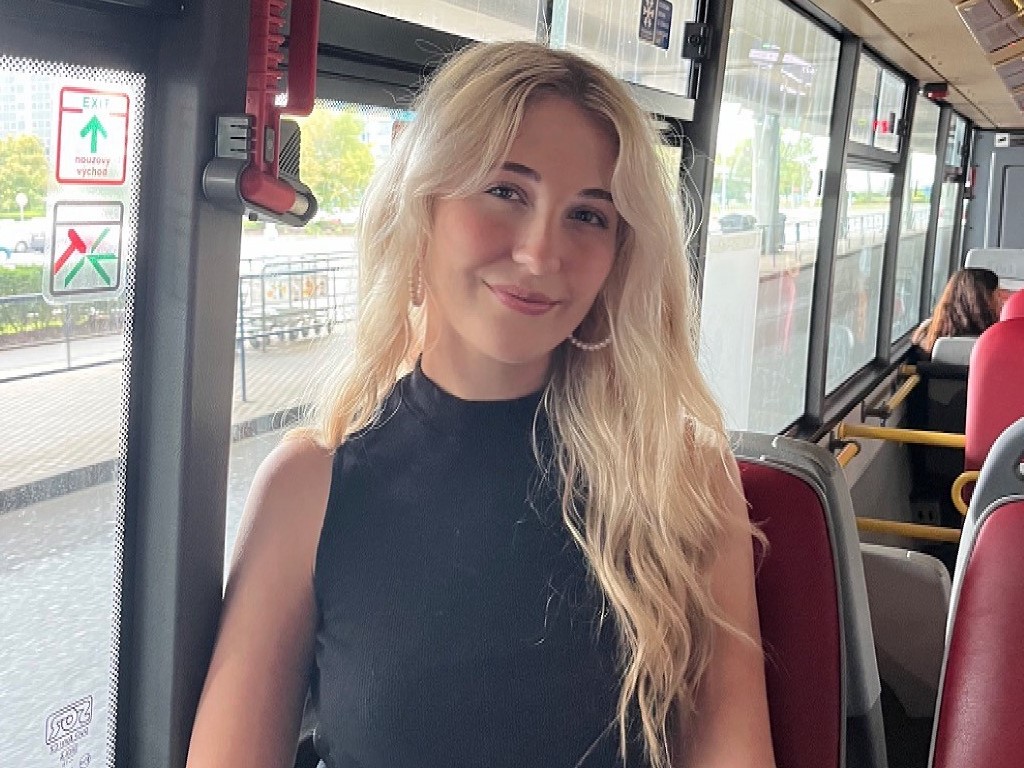Anna Maria Marston of Williamsburg is working on her master’s degree in the field of clinical mental health counseling. As part of her studies, she wrote two essays that reflect on her experiences as a mental health technician.
In an interview for the Gazette, I asked Marston, what made her choose her career path?
“Well, it’s simple,” replied Marston. “One of my patients told me to do so. “
“I always knew I wanted to work in the field of psychology in some capacity,” she said. “When I worked as a mental health tech, I had the opportunity to have a one-on-one interaction with a mental health patient. She began to open up to me, and after spending considerable time together, she improved to such a degree that she was discharged from our care.
“Before leaving, she said to me, ‘Anna, you have such a big heart. You saved my life! You are going to make it far in life as a mental health counselor.’ Those words stuck, inspired me. How could I choose any other profession?”
Having worked as a mental health technician during her undergraduate studies, Marston had, what she calls “very raw and eye-opening” experiences.
“It’s always controversial discussing what works and doesn’t work in behavioral facilities, because the system doesn’t always cater to every individual, but rather as a whole. As a mental health professional, it is essential to work ethically, critically and most importantly, compassionately. Every patient wants to be heard. To feel, like ‘I have your support to lean on.’”
She continued, “What worked for me, personally, was helping them process that vulnerability and transform it into self-acceptance and personal growth. I think, in this profession it’s difficult because you must set boundaries with your patients, and it is often discouraged to show too much emotion or attachment. In my experience, that didn’t work. We all need love, warmth, empathy. It is still possible to create an ethical and structured system while also catering to humanity.”
Marston is seeing a need for advocacy in the mental health system.
“Unfortunately, there is still a lot of stigma surrounding mental health care,” she said. “We have come a long way, but advocacy is so important because it allows us to continue to spread awareness and stand up for those who may feel like they don’t have a voice. The beauty of counseling is that it caters to everyone. To people in different stages of their life. Fighting for those who are struggling in silence.”
To be more effective, there is a new trend in counseling — creating multidisciplinary teams.
“Multidisciplinary team treatment of patients is priceless,” Marston said. “Collaboration in counselling has always been beneficial, evidence-based practices, research, etc., proves it. People in your care look up to you. They trust you with something very personal and fragile — their mind. So, having the opportunity to bring diverse specializations together maximizes the probability of the best possible outcome.”
Marston then added, “As professionals, we learn by interconnecting with one another, with our patients, social workers, doctors, academicians. It’s no coincidence that multidisciplinary teamwork is a trend for the future.”
Frank Shatz is a Williamsburg resident. He is the author of “Reports from a Distant Place,” the compilation of his selected columns. The book is available at the Bruton Parish Shop and Amazon.com.










